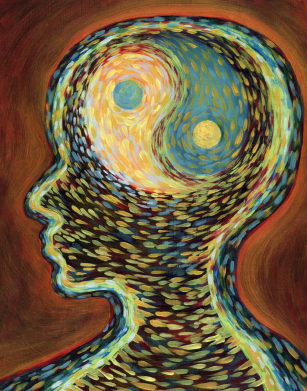Sleep Apnea and Stroke

Many people who survive a stroke are found to have sleep apnea, an interruption in breathing during sleep. Many investigators have revealed that the coexistence of stroke and sleep apnea is quite high, somewhere between 30 and 90% of stroke survivors. Some of these people undoubtedly had sleep apnea before the stroke; others developed it after the stroke.
One concern amongst those who care for stroke survivors is gradual neurologic deterioration of their patients in the initial recovery period. One of the reasons for this worsening is inadequate breathing during the night, associated with lower oxygen in the blood that feeds damaged brain cells. This is an important reason for recognizing if there is sleep apnea during stroke recovery and starting treatment for the apnea immediately.
Stroke rehabilitation research has identified that the more frequent the arterial oxygen saturation drops below the safety zone during early recovery, the more dependent in care is the stroke survivor after rehabilitation.
Turkington PM & MW Elliott. Sleep disordered breathing following stroke.
Sleep Diag & Ther 2006; 1(2): 52-5
Good D et al. Sleep disordered breathing and poor functional outcome after Stroke.
Stroke 996; 27: 252-9.
Harbison J et al. Sleep-disordered breathing following stroke. QJM 2002; 95: 741-7.

